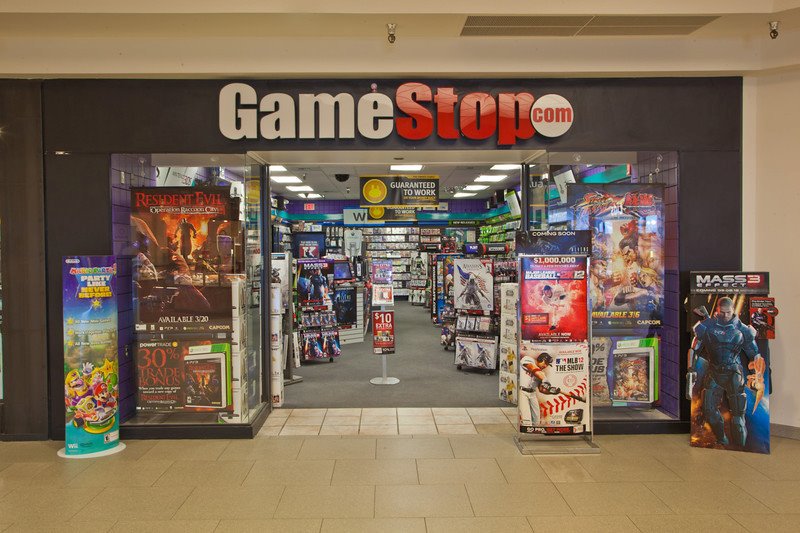The battle between the multibillion-dollar hedge funds and an army of amateur retail investors was witnessed by many as a manifestation of the saying “you are not right until market agrees with you.”
After the company fell short of the Wall street earnings estimates institutional investors, such as $13bn hedge fund Melvin Capital saw an opportunity to make profit from betting against GameStop's share price and selling short.
What is short-selling?
It's a way of profiting from adverse price movement of an asset like gold, oil or a company's shares. It’s perfectly legal and believed to be an important way to allow markets to determine the “true intrinsic” price of any asset.
A short seller pays a small fee to borrow shares from someone else, then sells the shares at the market rate. Later to close the deal they buy the shares back again and return them to their owner. If the price has fallen the short seller pockets the difference between the price, they sold the shares at and the price they bought them back at. If it has risen, they lose money.
It was an ordinary course of business until amateur investors on a Reddit forum called "WallStreetBets" decided to buy into GameStop shares, initially because they thought it was undervalued and the price should go up and later, they piled up the stock to send a message to the short sellers. Acting together, they pushed up the share price to astronomical levels causing massive losses for short sellers.
Most of the trading was done on the mobile app called Robinhood. This app allows fractional buying into the shares and doesn’t charge brokerage fee for transactions. However, the app also found itself caught in tug of war between the retail and institutional investors when it tried to limit trades in certain stocks due to volatility.
This event has highlighted the new dynamics of capital markets, where retail investors have access and ability to participate in trading and influence market prices like never seen before.

